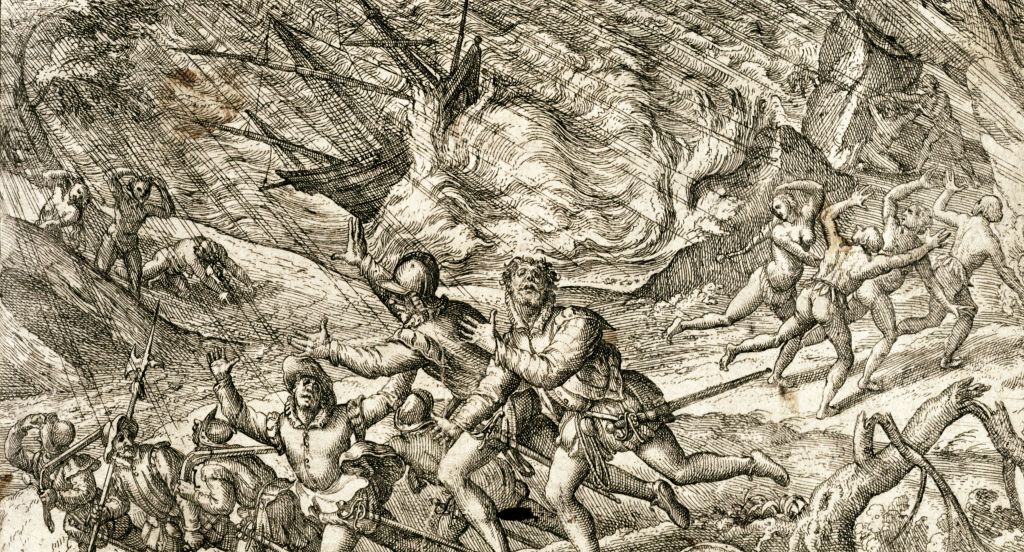Ike was not a leader in the way we customarily “teach” leadership in our country. He was a strategic rather than an operational one. During the war his role was to receive all the inputs—across the entire enterprise: both internal and external, political and practical, fundamental and future oriented. His job was to “strip down” a problem to its essence, prioritize it among many, and ensure that any plan reflected those factors in a coherent form, ready for execution. His decisions were undertaken with the entire enterprise in mind.
Eisenhower had the thirty-thousand-foot responsibilities. In fact, it is noteworthy that his job description, when he was given the supreme command of Operation Overlord, was in essence to invade the mainland of Europe and bring about the destruction of Nazi forces. No other leadership job in the Western Alliance looked anything like his. And the opinion that truly mattered rested with his superiors’ assessment of his performance. Ike, in his own words, described what was expected of him:



